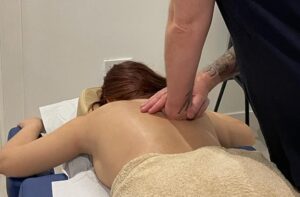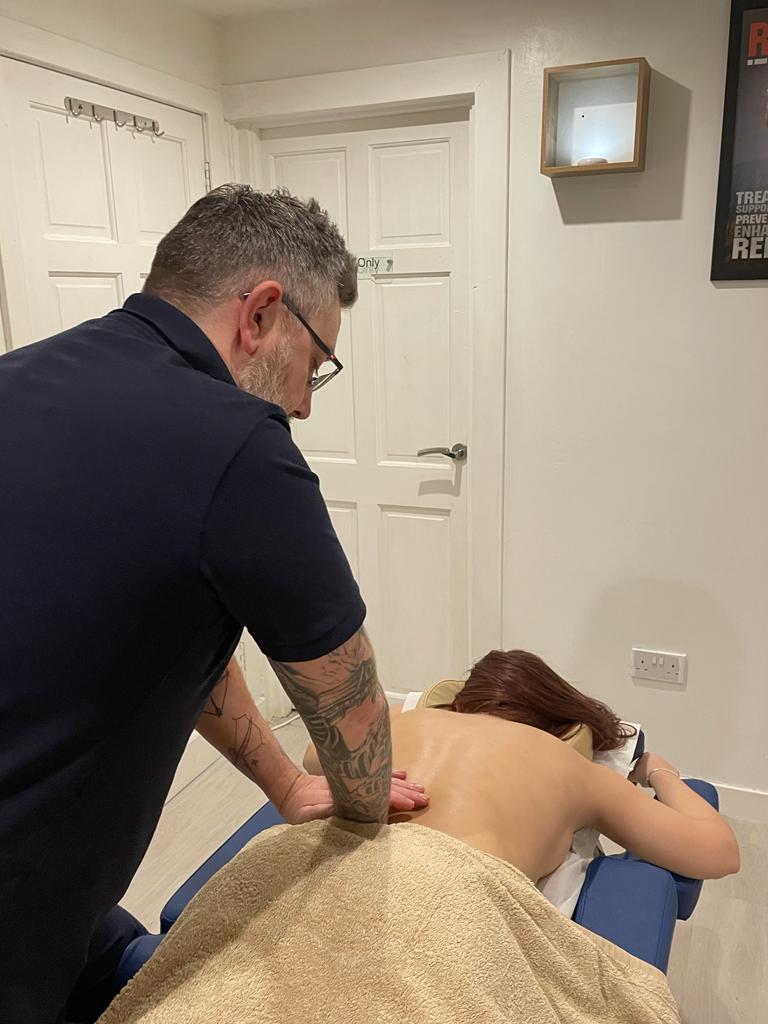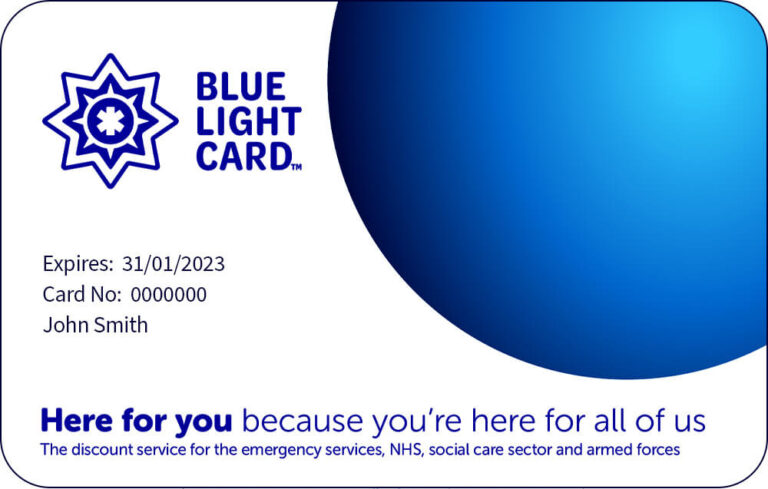 The Science of Relaxation:
The Science of Relaxation:
Best Massage West Lothian – In our fast-paced world, stress has become a near-constant companion for many. Chronic stress not only affects mental well-being but also manifests physically, contributing to headaches, muscle tension, and even cardiovascular issues. Massage for relaxation, often sought for its soothing and restorative benefits, offers a powerful antidote to stress. But what does the science say about its effects?
Understanding Stress and Its Impact
Stress triggers a cascade of physiological responses, primarily through the activation of the hypothalamic-pituitary-adrenal (HPA) axis. This results in the release of cortisol, the body’s primary stress hormone. While acute stress responses are essential for survival, chronic activation can lead to negative health outcomes, including anxiety, depression, and impaired immune function.
Swedish massage and gentle effleurage, directly counters these effects by engaging the parasympathetic nervous system—the body’s “rest and digest” mode.
Massage West Lothian -The Benefits
1. Reduction in Stress Hormones
Multiple studies have shown that massage can reduce cortisol levels significantly. For instance, a meta-analysis published in the International Journal of Neuroscience found that a 60-minute massage session reduced cortisol levels by up to 30% while boosting serotonin and dopamine—neurotransmitters associated with mood and relaxation
2. Improved Heart Rate and Blood Pressure
Stress often increases heart rate and blood pressure, putting undue strain on the cardiovascular system. A study in the Journal of Alternative and Complementary Medicine demonstrated that regular therapy helped lower both systolic and diastolic blood pressure, leading to improved heart health .
3. Enhanced immune System
Chronic stress suppresses the immune system, making the body more susceptible to illness. Research has shown that massage can increase the activity of natural killer cells, a type of white blood cell crucial for fighting infections .
4. Descale Tension and Pain
Stress often leads to physical manifestations such as tight shoulders or back pain. By increasing blood flow to tense areas, it helps in promoting the release of endorphins, the body’s natural painkillers.
5. Mental Clarity and Emotional Balance
Beyond physical benefits, sessions also promotes mental clarity. Studies suggest that with regular sessions , it can reduce symptoms of anxiety and depression, improve sleep quality, and foster a greater sense of emotional well-being.
The Mechanisms Behind the Magic
The benefits are rooted in both physical and psychological mechanisms:
-
- Stimulation of Pressure Receptors: activates pressure receptors in the skin, which send signals to the brain to reduce sympathetic nervous system activity (the fight-or-flight response).
-
- Improved Blood Flow: Increased circulation delivers more oxygen and nutrients to tissues, aiding in recovery and relaxation.
-
- Release of “Feel-Good” Chemicals: boosts serotonin, dopamine, and oxytocin, fostering a sense of happiness and connection.
Practical Applications
Incorporating regular Massage appointments into your routine doesn’t have to mean weekly spa visits. Practitioners often suggest starting with bi-weekly sessions and adjusting based on your stress levels and lifestyle. Techniques such as calming music, and deep breathing exercises during the session can amplify the benefits.
Conclusion
Massage is more than a luxury—it is a science-backed method for managing stress and enhancing overall health. By reducing cortisol levels, alleviating muscle tension, and promoting emotional well-being, it can help restore balance in an overstimulated world.
See how Leading Edge Therapies can help you – book today
References
-
- Field, T. (2010). Massage therapy research review. International Journal of Neuroscience, 120(2), 181-206.
-
- Diego, M. A., Field, T., & Hernandez-Reif, M. (2004). Massage therapy: Research and practice. Journal of Perinatal Psychology, 16(4), 226-234.
-
- Moyer, C. A., Rounds, J., & Hannum, J. W. (2004). A meta-analysis of massage therapy research. Psychological Bulletin, 130(1), 3-18.
-
- Shergis, J. L., et al. (2016). A systematic review of massage therapy for stress management. Journal of Complementary and Integrative Medicine, 13(4), 281-292.





